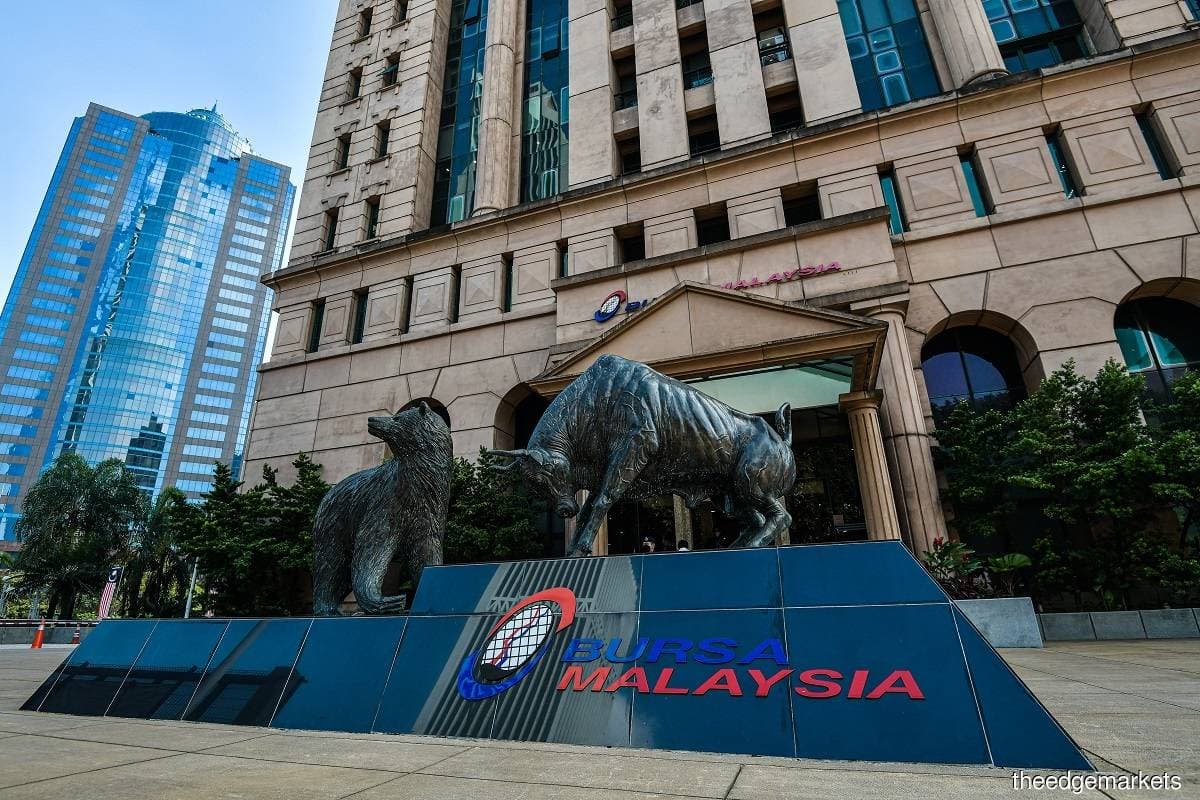
KUALA LUMPUR (Sept 7): Bursa Malaysia's Energy Index fell on Wednesday (Sept 7) amid expectations of another interest rate hike by the US Federal Reserve (Fed) and fears of slow demand growth in China.
At noon, the index, which tracks share prices of oil and gas companies, was 10.77 points, or 1.49%, lower at 710.67.
Among the biggest losers were Hengyuan Refining Company Bhd and Petron Malaysia Refining & Marketing Bhd. Hengyuan fell 4.53% or 22 sen to RM4.64, with a market value of RM1.4 billion, while Petron slipped 3.24% or 16 sen to RM4.78, giving it a market capitalisation of RM1.29 billion.
“The volatility in the index was most likely driven by the market’s sentiments on the sector affected by the aggressive US Fed action, coupled with fears of slow demand growth in China, which left the market uncertain of the direction going forward for the sector,” MIDF Research head Imran Yassin Md Yusof told The Edge.
Imran also pointed out that high oil prices are not sustainable in the longer term.
This, he said, is because the midstream and downstream segments cannot withstand higher prices for non-petroleum products such as chemical feedstocks, raw materials and other non-fuel products, as well as higher prices for vessels and carriers, and the increasing impact of rising inflation on consumer spending in the long term.
In the meantime, the upstream sector would benefit from higher oil prices, said Imran.
“It should be noted, however, that most upstream operations can function optimally at oil prices as low as US$60 per barrel, although ancillary services might take most of the brunt of the impact of a decreasing oil price scenario three to five years down the line.
“Nevertheless, with global hydrocarbon production ramping up to fill in the gap left by Russia, Venezuela, Iran and other conflict-torn countries such as Iraq and Libya, as well as a returning push for the energy transition and green products, we may see an oversupply of crude [oil] which, if overdone, might just bring prices down below US$80 per barrel,” Imran added.
Overall, Imran said MIDF maintains a positive outlook on the energy sector, but with caution on geopolitical wars and global inflation.